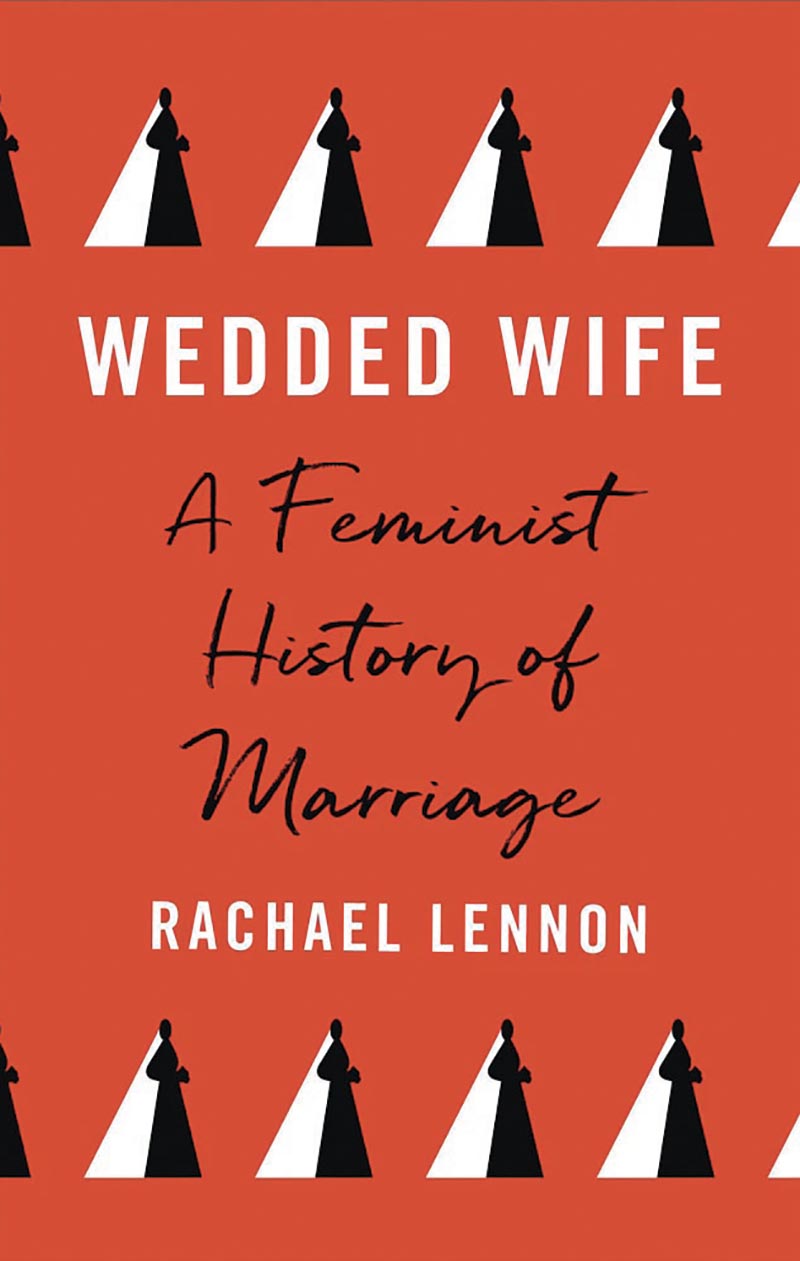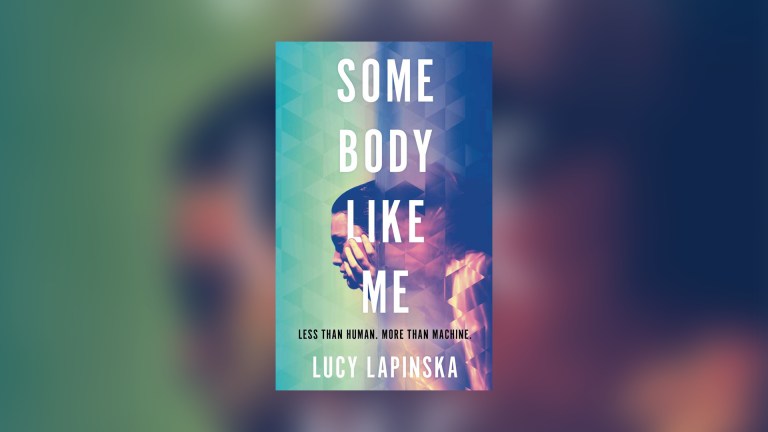My wife and I walked down the aisle together in 2017, just three years after the first same-sex marriages began to take place in England and Wales. Planning a wedding in the infancy of same-sex marriage in the UK was tricky. Waiting for the inevitable moment of misunderstanding in venues, florists and dress shops. She. My fiancee is a woman. Being asked which one is the bride.
Six years later, and my new book Wedded Wife: A Feminist History of Marriage explores my motivation for joining this ancient institution. It looks again at the definitions, traditions and expectations of marriage that we’ve inherited, and it challenges a narrow and nostalgic vision of the past that continues to shape decisions today. More than half of all adults in the UK are married. Many more have been – or will be. While couples are marrying later and more people outlive their marriages, the vast majority of people around the world still choose to join the institution at some point in their lives.
When feminist campaigner Gloria Steinem reflected on her decision to marry in 2000, aged 66, she remarked: “I didn’t change. Marriage changed.” In recent centuries, the history of marriage has been shaped by activists who have fought, generation after generation, to improve the lives of those who had been repressed, exploited or excluded by the structures set up around our most intimate of relationships.
Your support changes lives. Find out how you can help us help more people by signing up for a subscription
My research into lived experiences of the institution of marriage took me to some dark places. Across Britain, and territories colonised under British rule, a woman’s existence as an autonomous person was almost entirely relinquished on her marriage, for centuries. The practice of coverture, drawn from Anglo-Norman tradition, meant that brides under British rule suffered a ‘civil death’ at their weddings, their legal identity automatically suspended under the groom’s. In ancient Rome, a wife had held the equivalent legal status as that of her husband’s child. For centuries, British law bestowed more power on children than on married women.
Across class and religious divides, women found that the law would provide them with no protection from the men they married – and would give them no independent social or political voice. Husbands could take financial resources from the women they married and spend their spouse’s money as they pleased. Women found themselves with no rights to their own children. Until 1991, women in the UK had no legal protection from being raped by their husbands.











